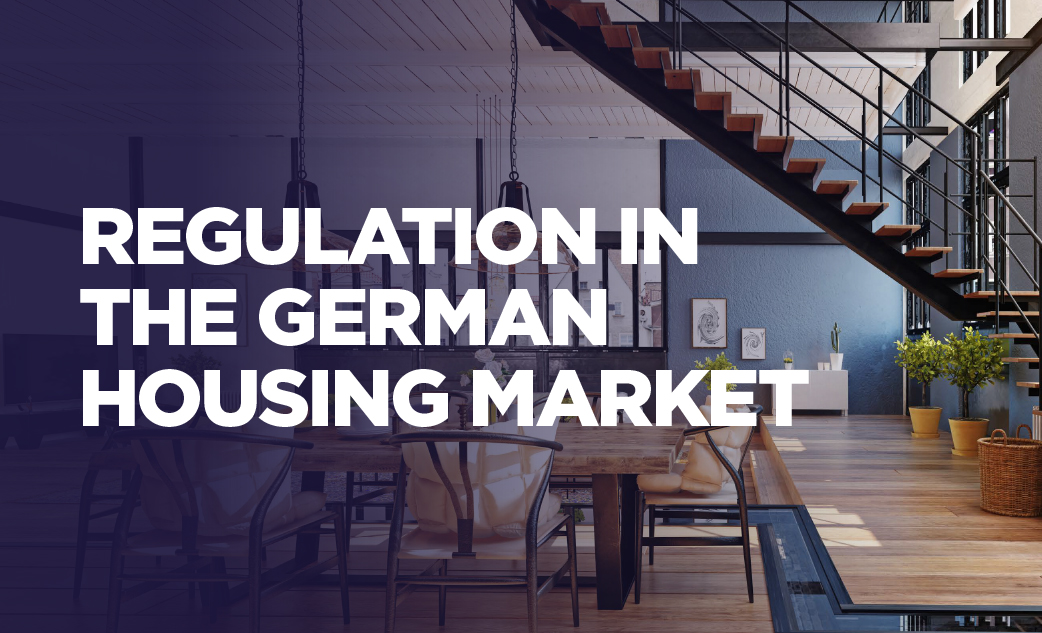International real estate consultancy firm Cushman & Wakefield (C&W) recorded a transaction volume of EUR 1.4 billion euros in the German residential real estate market for the third quarter, bringing the cumulative total for the year to date to EUR 4.45 billion. Domestic investors dominate, contributing 80 percent of the total (approx. EUR 3.5 billion).
Large-volume deals remain rare
In the third quarter, the investment market was saw two major transactions: the takeover of the Omega Group by Whitefield and the sale of "Wasserstadt Mitte", a recently-constructed urban neighbourhood in Berlin with 711 apartments and a lettable area of 47,000 sq m, by Adler Real Estate AG to Quantum Immobilien KVG. The property was completed in 2019.
In principle, individual-property transactions currently dominate the market. Portfolio transactions, as in previous years, are rare and mainly take place in the small-scale segment.
Prime yield slightly higher
The prime yield increased again in the third quarter to sand at 3.9 per cent. This is ten basis points more than in Q2/2023. C&W expects a further increase in the prime yield until the end of the year.
Deals Low activity in student residences and micro-living
Deals involving student accommodation and micro-living remained the exception in Q3. C&W currently sees the prime yield here at 4.4 per cent - this corresponds to an increase of 20 basis points compared to H1 2023.
Jan-Bastian Knod, Head of Residential Investment Germany, C&W, comments: "The low transaction volume in residential real estate should not be interpreted as a lack of interest on the part of investors. On the contrary, new players are increasingly entering the market. Although the price adjustment process is not yet complete, we are seeing the first signs of stabilisation."
Continued strong restraint in residential construction
The very low level of construction activity in Germany continues. In the period from January to July 2023, around 156,200 were approved, some 60,000 fewer than in the equivalent period last year (-28 per cent). The reasons for this are the continuing rise in construction costs as well as the poorer financing conditions for apartments. The increasingly low purchase price rental multipliers are also making it more difficult for developers and buyers to agree on a purchase price for new buildings.
Demand for ESG-compliant products on the rise
The demand for residential investments that fulfil the stricter ESG requirements is growing. Investors are focusing on properties with good energy performance and certification, e.g. from DGNB or LEED, and at least meet KfW Standard 55.







